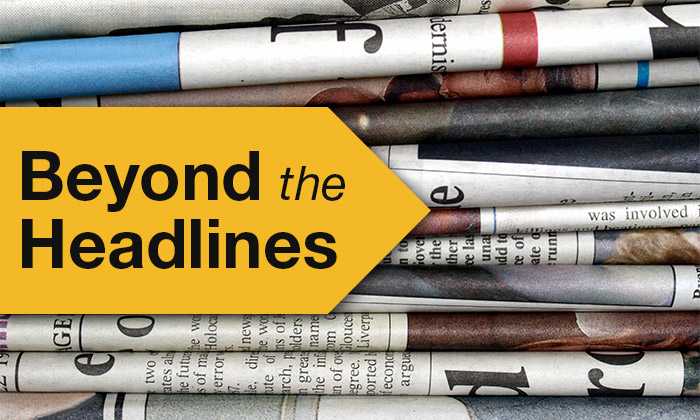
For most adults, self-awareness is a trait that only comes with age and experience, an understanding borne of making mistakes and learning from them over time. But for millennials, that prolonged timeframe may be somewhat of a luxury, and the more quickly they can face the perceptions of their generational traits head on, the better their chances for success — an onus that is also an opportunity for a generation that has been targeted by generalizations of every description.
Perhaps with that in mind, AdWeek recently published a list of the six generational traits that millennials can tackle to quickly nip perception problems from older coworkers and hiring managers in the bud, including but not limited to:
- Battling the need for constant praise
- Overconfidence
- Developing patience
- Accommodating criticism
- Embracing discretion, especially in the age of social media
When millennials can diffuse generational stereotypes and myths by changing their behavior, it allows older generations to instead focus on them as individuals and see their unique skills and qualities, according to Forbes. And the actual quantified numbers on what millennials really think and want consistently defy those perceptions portrayed in the media, such as their flightiness when it comes to job loyalty. A survey conducted by Adecco called "Way to Work," recently featured on MainStreet, found that 83 percent of 18- to 24-year-olds think they should stay at their first job for as long as three years, defying the perception that Millennials jump ship when they're not engaged at the office. This mirrors a similar finding by Bentley that 80 percent of millennials believe they’ll work for four or fewer companies in their career.
Once millennials can break through some of these barriers of generational perception, the added value they bring to any workplace is immense, from their native digital skill sets to their progressive views on diversity. On the latter, though The Atlantic opines that millennials have a "weakening definition of diversity," focusing more on attitudinal and experiential differences rather than on traditional differences such as race or gender. And while the millennial generation is the most diverse in American history, studies have found they oppose preferential treatment to reverse historical inequalities. Still, millennials have shown that they embrace diversity innately when it comes to such indicators as the sheer number of millennial men willing to move for their wives' careers.
In business, optics are everything, and millennials can do themselves a huge service by embracing a tool that executive coaches call the "Johari Window." Millennial career strategist Jenny Foss recently published a related piece for Muse entitled, "5 Ways to Improve Your Career in Your 20s That'll Pay Off in Your 40s," in which she implores millennials to basically use the Johari Window to push past generational stereotypes and become their own best marketer of themselves.
"Staying top of mind is half the battle for all of us as professionals," Foss writes. "Start early, and stay on people’s radar as as one who knows your stuff and loves what you do. Why? Because people just might think of you first when great opportunities related to your area of expertise come their way."
April Lane is a freelance writer.

